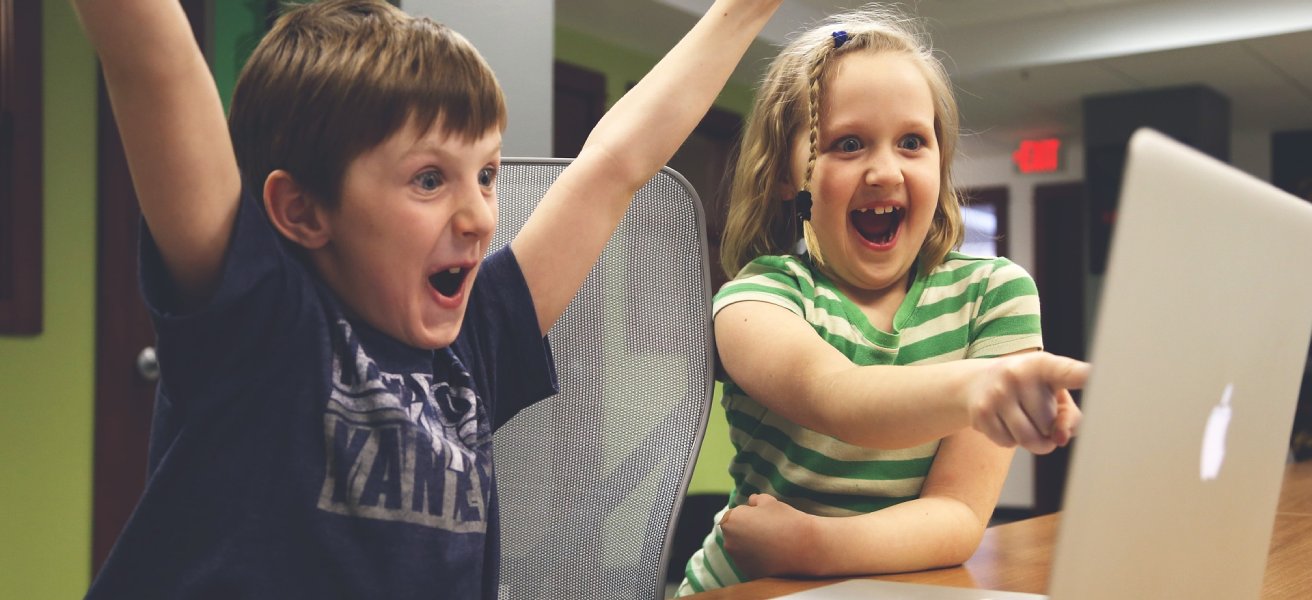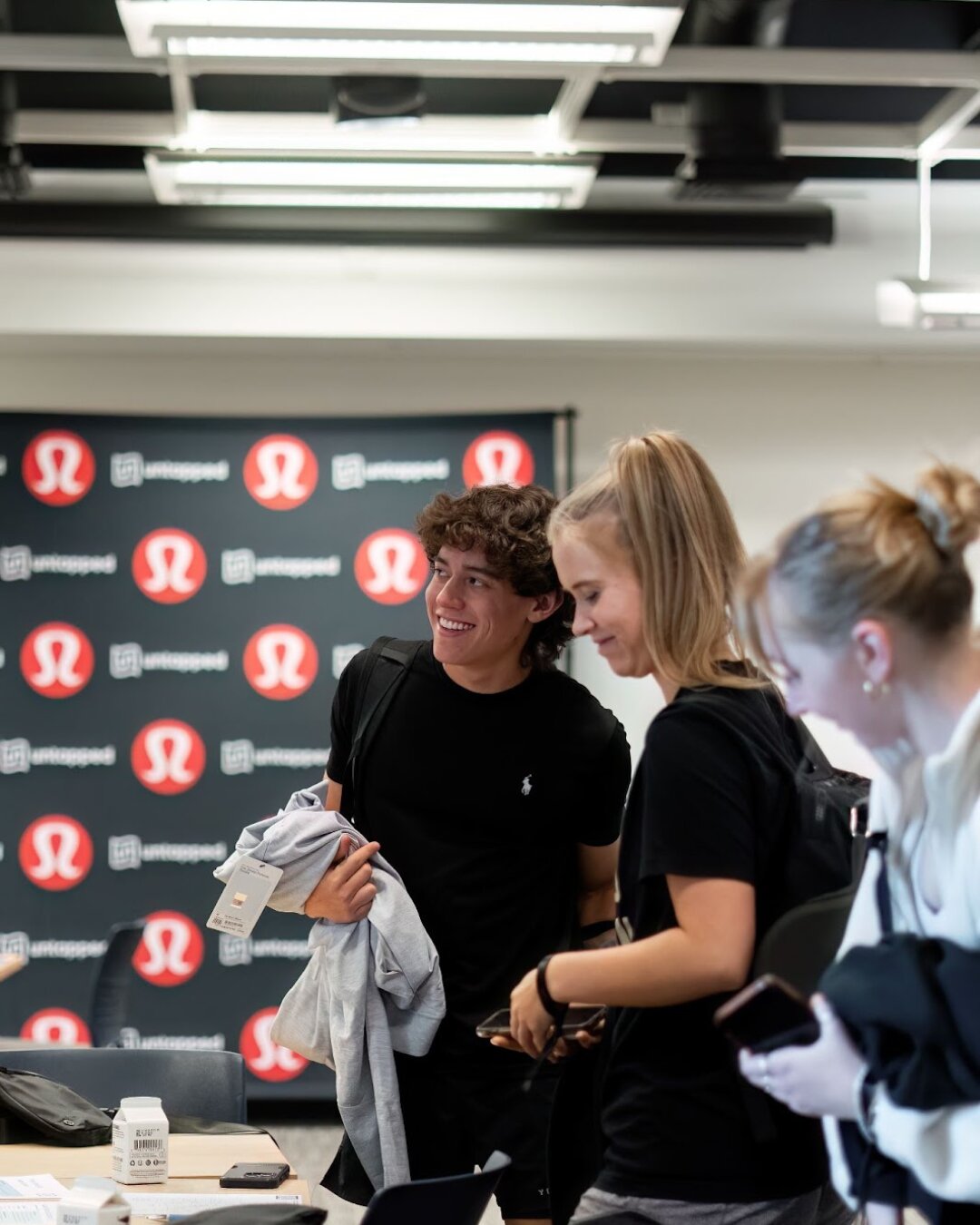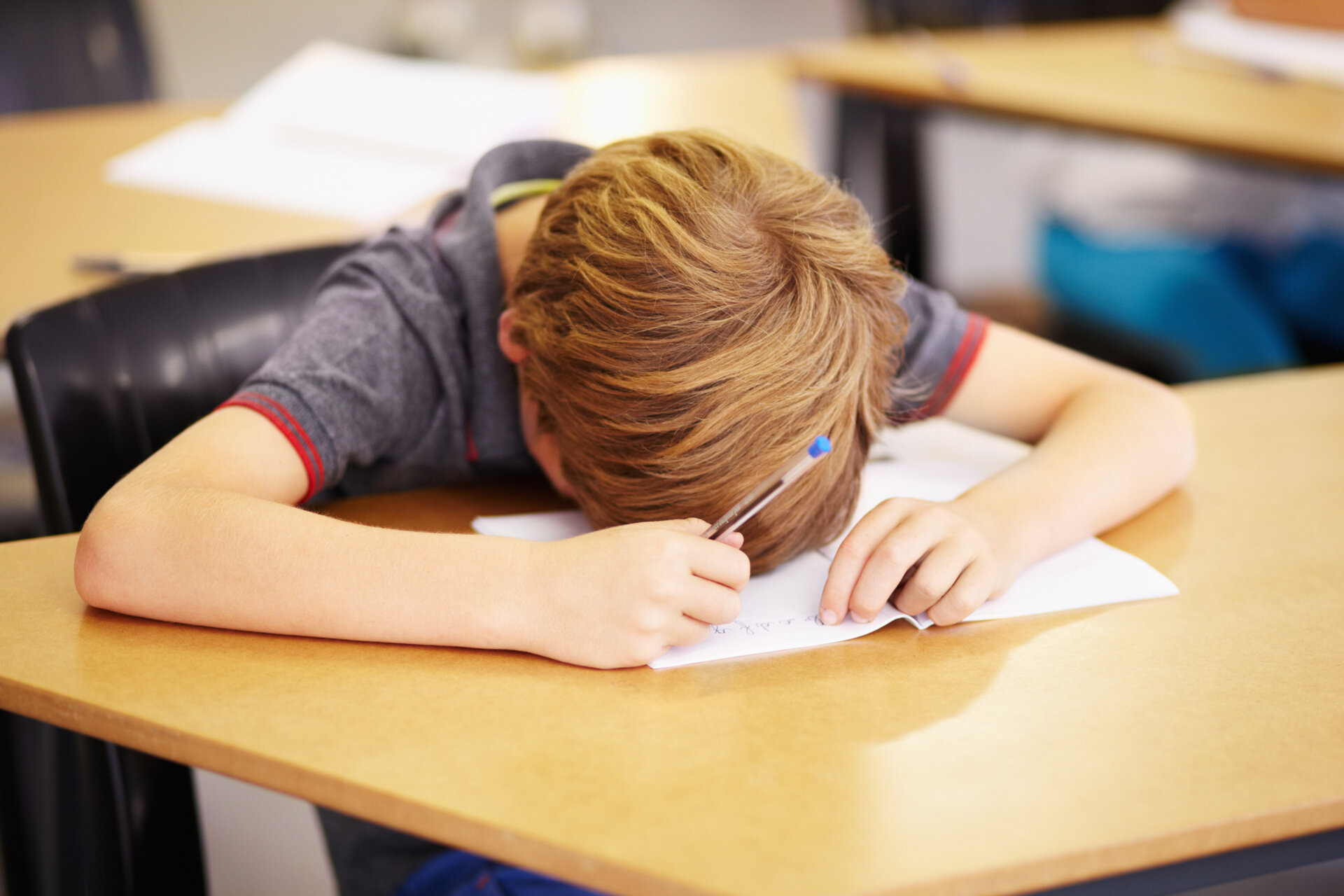As parents of student-athletes, we often focus on developing physical skills and sport-specific talents. However, research shows that a set of mental abilities can significantly impact both athletic and academic performance – executive function skills. These mental skills are the hidden superpowers behind successful student-athletes. In this article, we’ll explore what these skills are, why they matter, and how you can help your child develop them.
The Hidden Skills Behind Athletic Success
When we watch our kids on the field, we often focus on their physical skills – how fast they run, how accurately they throw, or how well they handle the ball. But beneath these abilities lies a set of mental skills that can make or break an athlete’s performance. These skills, which experts call “executive functions,” include the ability to:
- Stay focused, even with distractions
- Switch quickly between different tasks
- Control impulses and emotions
- Remember and follow complex instructions
- Plan and organize effectively
Think about a moment in your child’s last game. Maybe they had to decide quickly whether to pass the ball or take a shot, all while keeping track of their teammates’ positions and the opposing team’s movements. Or perhaps they needed to remember and execute a complex play under pressure. These scenarios all rely heavily on these mental skills. We are learning these executive functions often make the difference between good and great athletes.
What Research Tells Us:
A study from the University of Amsterdam measured the executive function skills of talented young soccer players. It found that players with more developed executive function skills were more likely to become professional soccer players later in their careers.

Here are the findings of why executive function skills translated to athletic performance:
- Quick Changes: The players who became pros were really good at stopping what they were doing or changing direction quickly. Being able to start, stop, and quickly assess the situation is essential in all sports.
- Calm and Focused: These future pro players were better at paying attention and staying alert during the entire game. Because their minds weren’t cluttered with distractions, they could react faster to the action around them. This mental clarity helped them stay alert and notice what was happening on the field.
- Able to Plan Ahead: The study found that players who became pros had a special talent for thinking ahead. They could imagine what might happen next in the game and plan their moves accordingly. This meant they sometimes took a bit longer to act, but when they did, their choices were usually smarter and led to fewer mistakes.
These findings show that these mental skills play a huge role in athletic performance, even at young ages. In fact, the researchers found they could tell the difference between elite and amateur players with 89% accuracy just by looking at these mental skills.
How These Skills Help Beyond Sports
The great news is that these same mental skills that help on the field are also needed for success in the classroom and life.
Executive function skills help your child:
- Focus on homework, even when there are distractions
- Switch between different subjects or tasks quickly
- Control impulses to play video games or check social media when it’s study time
- Follow multi-step instructions from teachers
- Plan and organize their time to balance schoolwork, sports, and other activities
The Long-Term Benefits of Developing Executive Function Skills

As parents, we’re always thinking about our children’s future. The great news is that the executive function skills your child develops as a student-athlete can set them up for success long after their last game.
Let’s look at how these skills can benefit your child in the years to come:
- Career Readiness: The ability to juggle practice schedules, game preparations, and homework assignments translates to managing work projects, deadlines, and a family. Many employers actively seek out former student-athletes because they know these individuals can handle pressure, work in teams, and manage their time effectively.
- Planning and Life Balance: The planning skills your child develops now will help them balance the various challenges of adult life. They’ll be better equipped to manage work responsibilities, personal commitments, and unexpected obstacles. The ability to prioritize tasks and maintain a healthy work-life balance is a skill that starts with managing sports and school.
- Leadership Abilities: Your child’s strategic thinking on the field and decision-making skills dictate whether they will be a leader on the team. Student-athletes who develop their executive function skills often become team captains, managers, or entrepreneurs. The experience of rallying a team during a tough game could one day help your child lead a work team through a challenging project.
- Resilience and Adaptability: Sports and academics both come with ups and downs. Learning to bounce back from a tough loss or a disappointing grade builds resilience that will serve your child well throughout life. This ability to adapt and persevere can help them navigate career changes, personal challenges, and any curveballs life might throw their way.
- Health and Well-being: The habits of regular exercise, good sleep, and balanced nutrition that your child develops as a student-athlete can contribute to lifelong health and well-being. Moreover, the stress management techniques they learn can help prevent burnout in their future careers and personal lives.
- Learning to Learn: Learning to learn is the ultimate gift. If your child can quickly grasp new plays on the field, they can apply this skill to learning in the classroom and later on the job. This ability to learn quickly is invaluable in all areas of life, from studying in college to mastering new responsibilities at work.
Remember, by supporting your child in developing these skills now, you’re not just helping them succeed in school and sports today – you’re giving them tools they’ll use for a lifetime. The challenges of balancing academics and athletics might seem tough at times, but they’re actually incredible opportunities for growth and future success.

How Parents Can Help Develop These Skills in Student-Athletes
Now that we understand the importance of these mental skills for academic and athletic success let’s explore practical strategies for developing them. Below are actionable approaches you can take at home to support your student-athletes growth.
While we use a hockey family as an example, these strategies can be easily adapted for any sport. Remember, consistency is key in developing these skills, so choose the methods that best fit your family’s routine and stick with them.
1. Create a Plan for Time Management:
- What to do: Every Sunday night, help your child create a weekly schedule that balances homework, hockey practice, and rest time.
- How it Builds Mental Skills: This teaches prioritization and prevents procrastination and last-minute anxiety.
- Real-Life Example: A plan that details when homework time is, when to review a game film, and when to see a teacher for extra help.
2. Practice Pre-Game Preparation:
- What to do: Have your child pack their school bag and hockey gear the night before and put it next to the door. Having everything set up instead of morning chaos opens the mental space for what matters.
- How it Builds Mental Skills: This routine improves organization, planning, and task initiation skills. It reduces morning stress, allowing your child to focus on their upcoming day rather than scrambling to find missing items.
- Real-Life Example: Create a nightly “gear check” routine:
- Set a consistent time each evening for packing (e.g., right after dinner).
- Use a checklist for both school and hockey items to make sure nothing is forgotten.
- Lay out clothes for the next day, including team attire for game days.
- Place everything by the door or in a designated “launch pad” area.
- Take a moment to review the next day’s schedule mentally.
3. Develop Self-Understanding Through Questioning:
- What to do: After a game or test, ask your student-athlete questions about their performance, habits, and experiences, both in academics and athletics. Help them look for patterns in their responses.
- How it Builds Mental Skills: This practice develops self-understanding (metacognition), an executive function skill that improves self-awareness, problem-solving, and performance.
- Real-Life Example: After games or study sessions, have your student-athlete reflect on questions like:
- “When did I feel most focused today?”
- “What distracted me the most?”
- “How did my pre-game routine affect my performance?”
- “Which study techniques helped me remember information best?”
4. Train Focus and Impulse Control:
- What to do: Teach pre-game or pre-exam focusing techniques, like mindfulness exercises or attention drills. On a scale of 1-10, we want to feel like we are at a 6 or 7 heading into a big event.
- How it Builds Mental Skills: This improves attention and impulse control and decreases anxiety to be at peak academic and athletic performance. Aiming for a 6 or 7 on the arousal scale helps achieve optimal performance by balancing focus and relaxation.
- Real-Life Example: Before a big game or exam, guide your hockey player through this focusing exercise:
- Have them rate their current arousal level on a scale of 1-10.
- If they’re above a 7 (too anxious):
- Practice breathing in for 2 seconds and out for 4 seconds
- Repeat for 1-2 minutes until they feel more centered
- If they’re below 6 (too relaxed):
- Use short, shallow breaths: in for 2 seconds, out for 1 second
- Continue for 30-60 seconds until they feel more alert
- Reassess and adjust as needed.
Encourage regular practice of these techniques, not just before big events. This strengthens their ability to find their optimal focus zone. Over time, they’ll develop better impulse control on the ice (staying out of the penalty box) and in academics (staying on task during study sessions).
5. Improve Organizational Skills:
- What to do: Create a dedicated space for learning. Whether this is memorizing plays or doing school work. This space is for productivity and productivity only.
- How it Builds Mental Skills: A designated study area helps develop skills like organization, task initiation, and sustained attention. It creates a mental association between the space and focused work, making it easier to transition into study mode.
- Real-Life Example: Set up a “productivity zone” in a quiet corner of the home. This area should include:
- A clutter-free desk or table
- Good lighting
- Necessary supplies (textbooks, notebooks, laptop, playbooks)
- Minimal distractions (no TV, phone placed out of reach)
- What to do: Positive reinforcement and acknowledgment of improvements in both academic performance and athletic skills will help improve the process to success.
- How it Builds Mental Skills: This reinforces the value of hard work in all areas, boosts confidence, and fosters a growth mindset.
- Real-Life Example: Recognize a well-executed power play in a game just as much as an improved grade on a challenging subject, focusing on the effort and progress rather than the outcome.
Remember, developing these skills takes time and consistency. Be patient and supportive. Every small improvement on and off the ice can significantly improve your child’s performance in school and sports.

Need Help? Contact Untapped Learning
Developing mental skills is an ongoing journey. If you want guidance in helping your child reach the next level, Untapped Learning can help. Our experienced coaches provide individual strategies to improve your child’s mental skills, time management, and overall performance.
Ready to unlock your child’s full potential? Contact Untapped Learning today for a free consultation.
For More:





